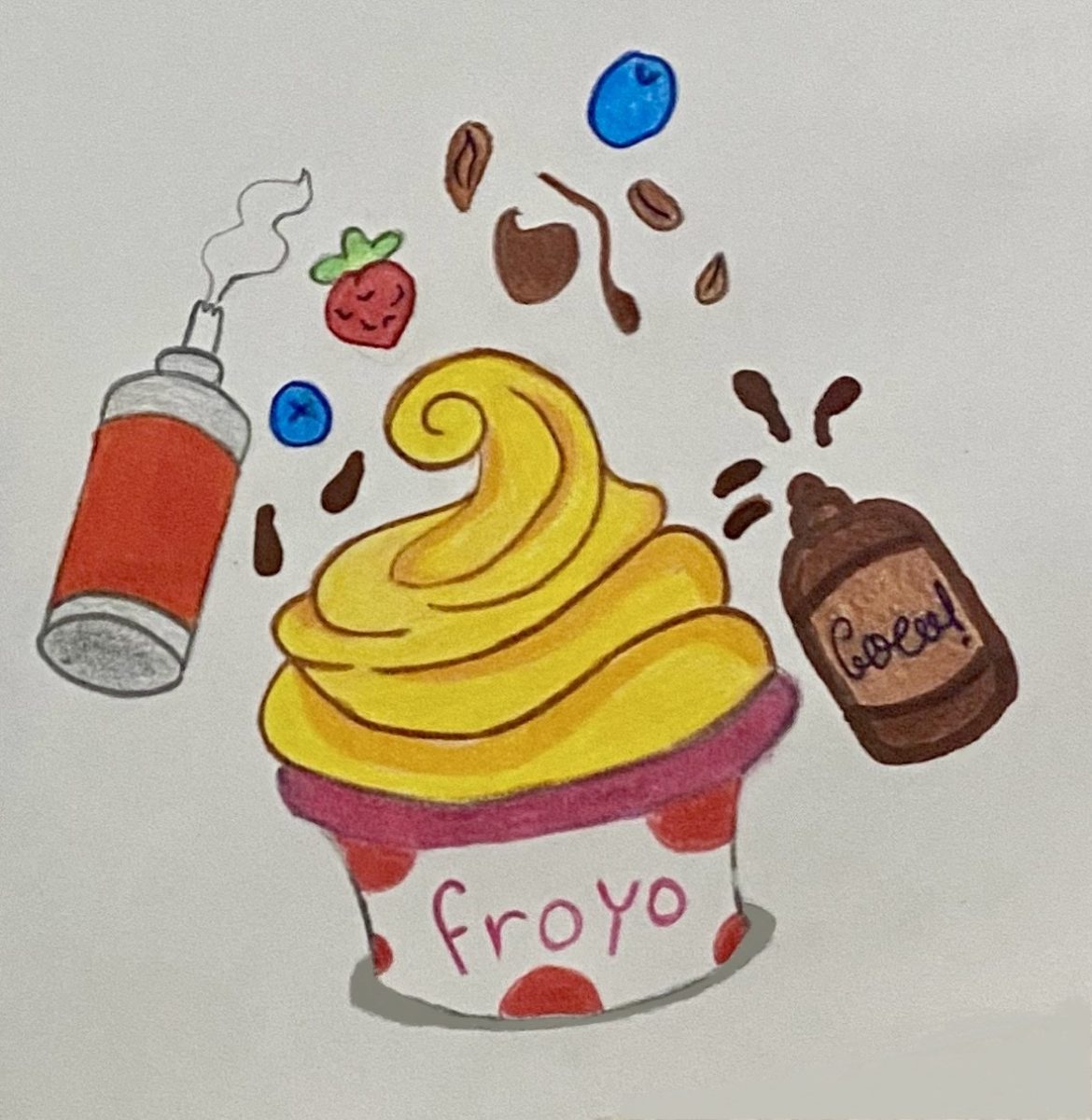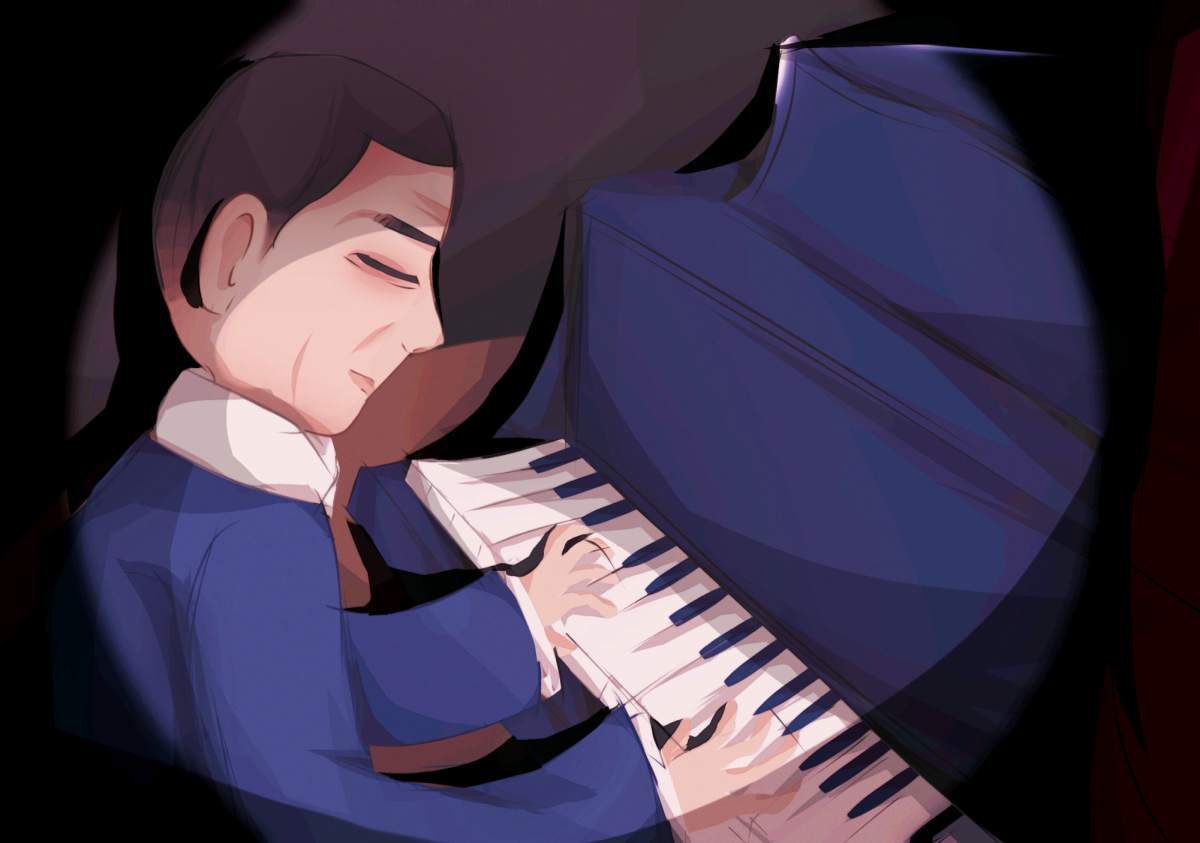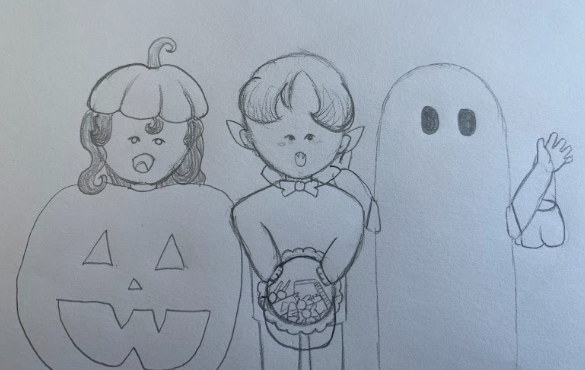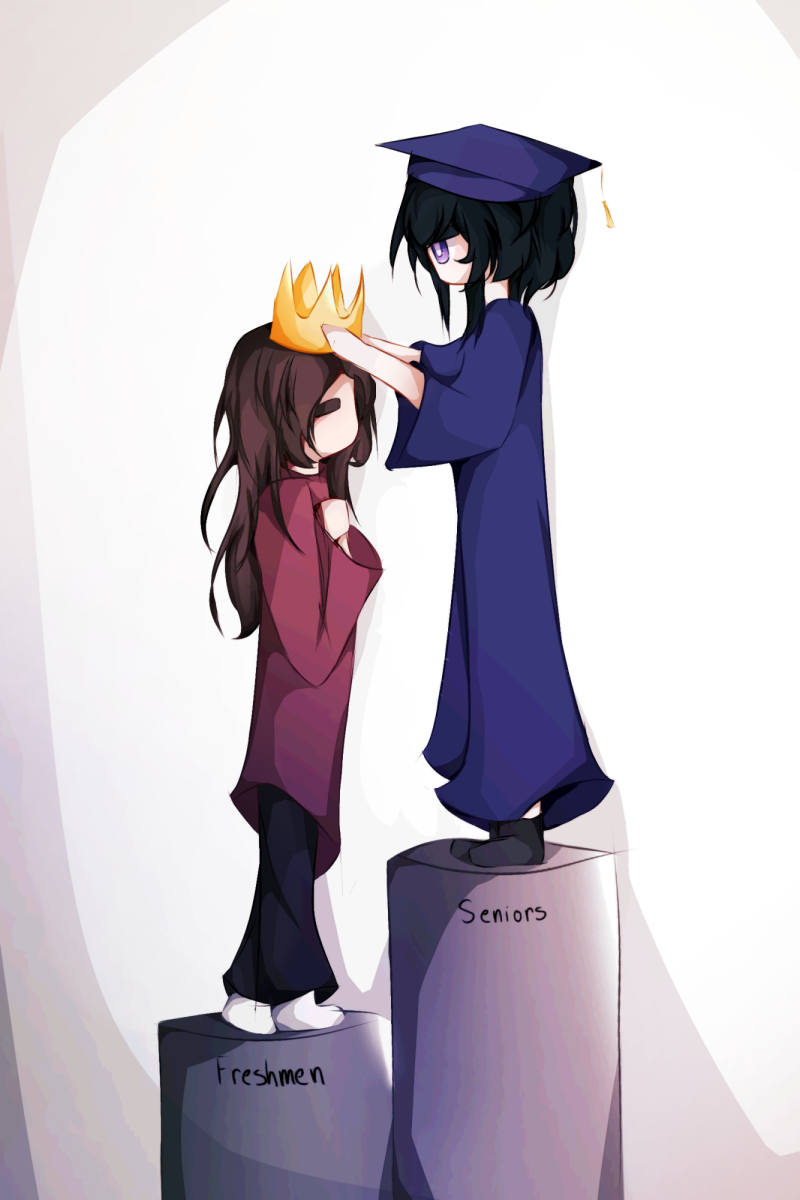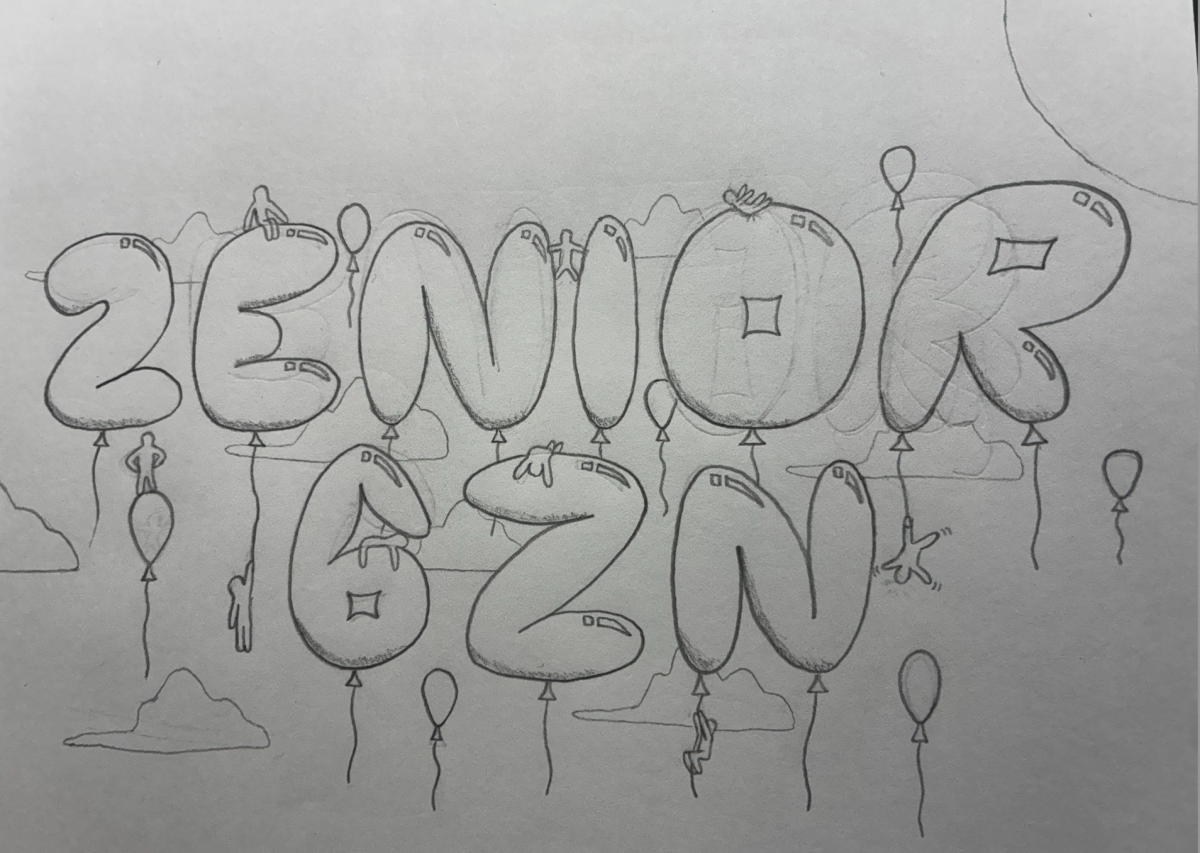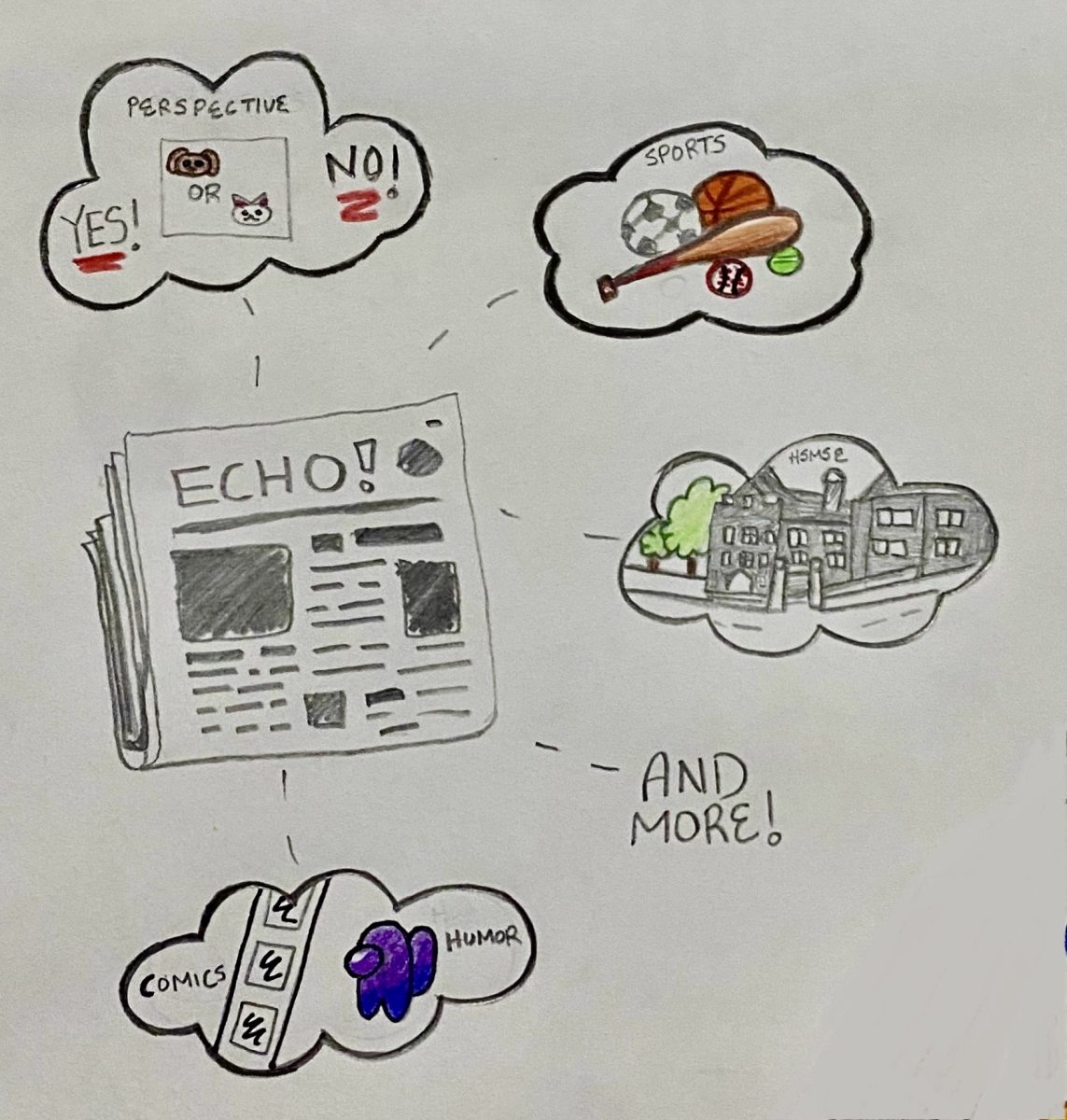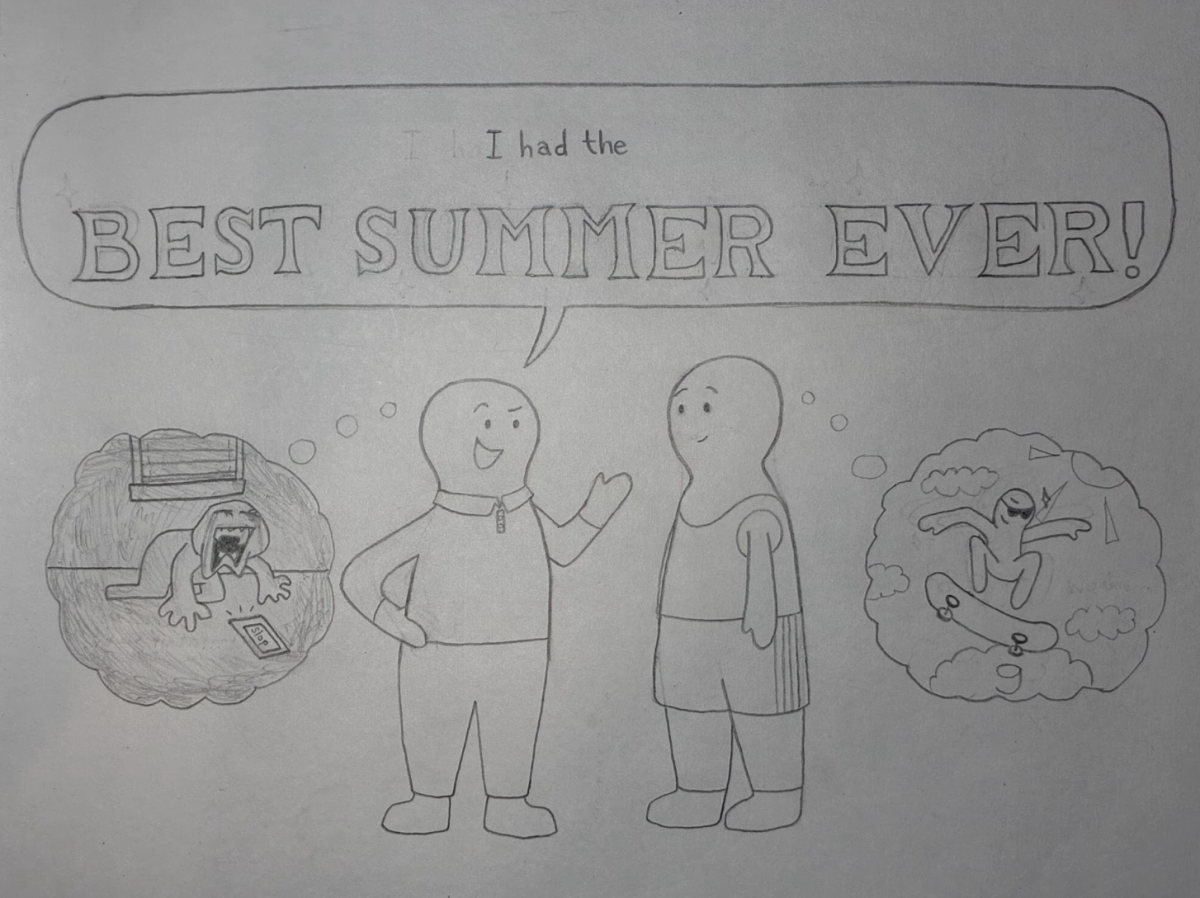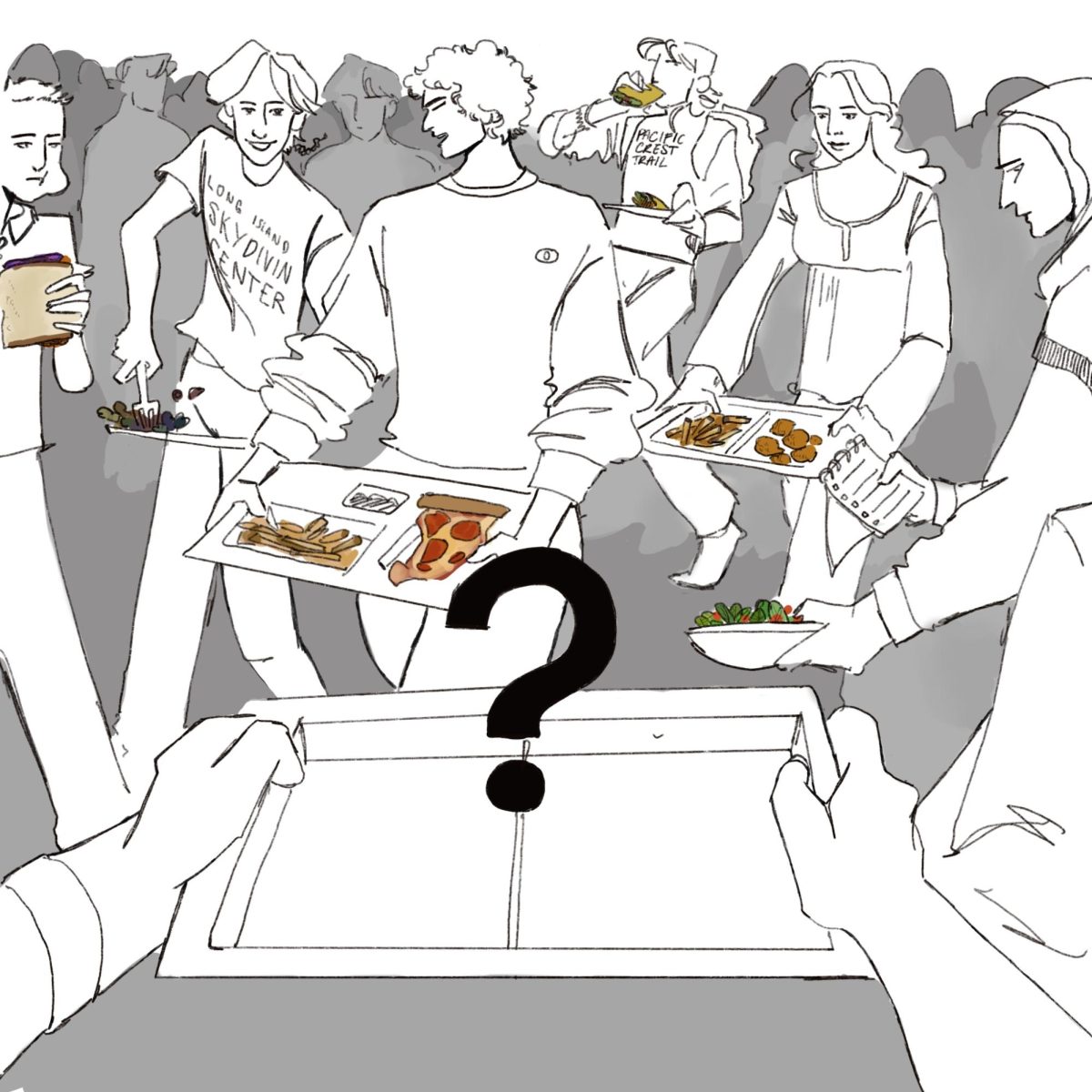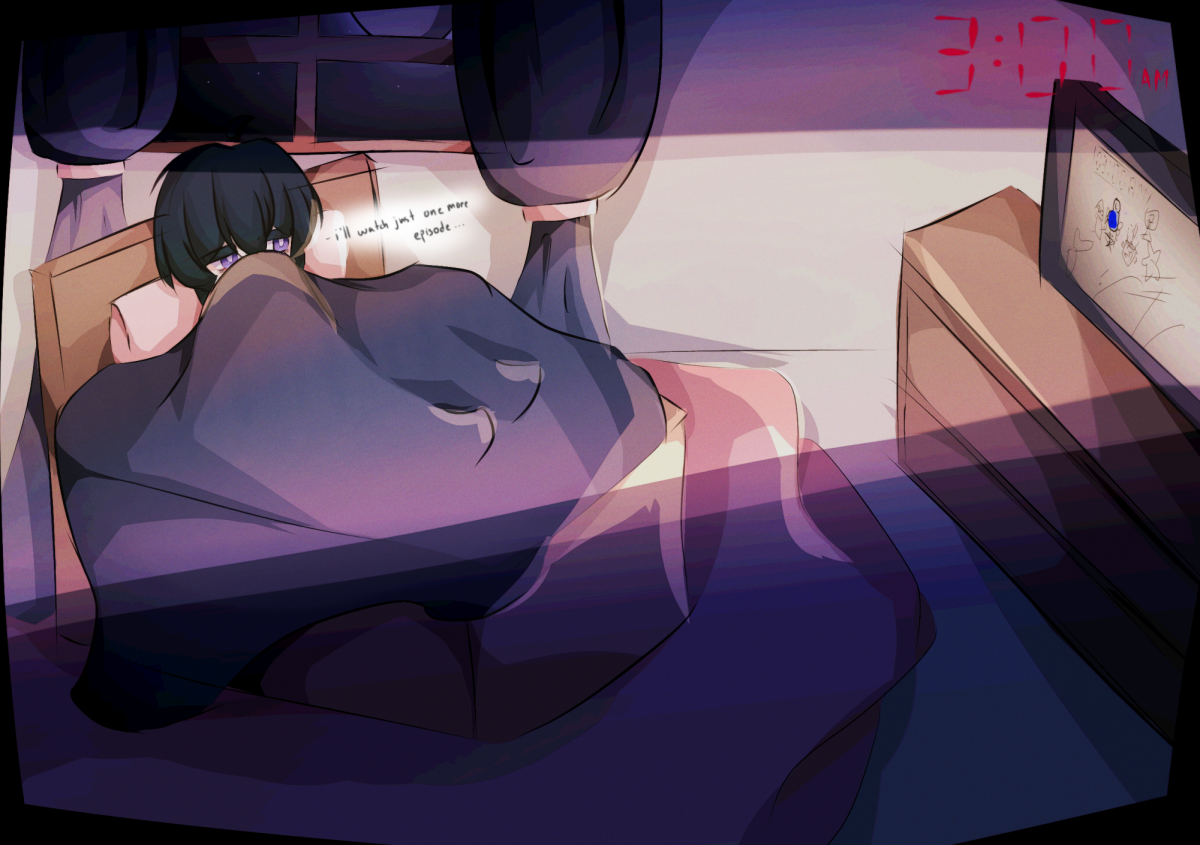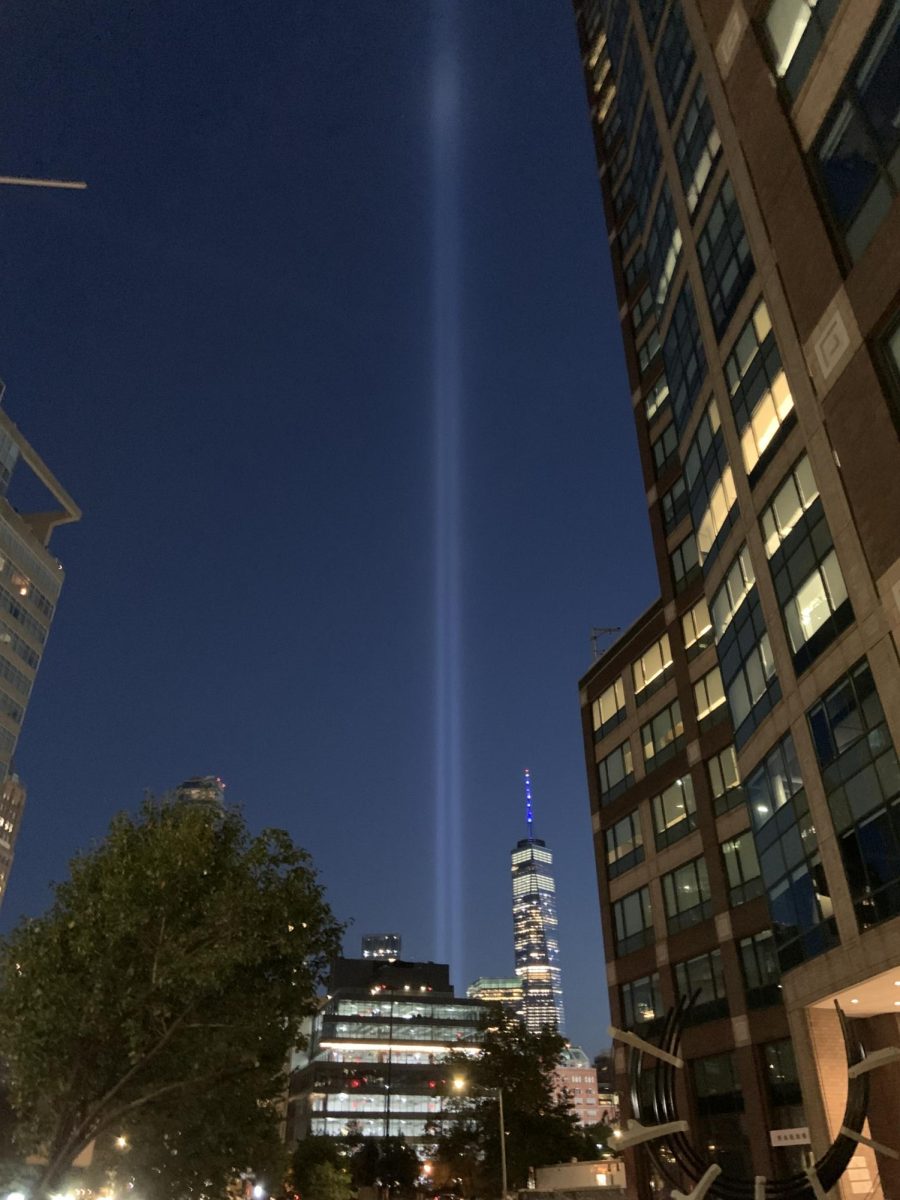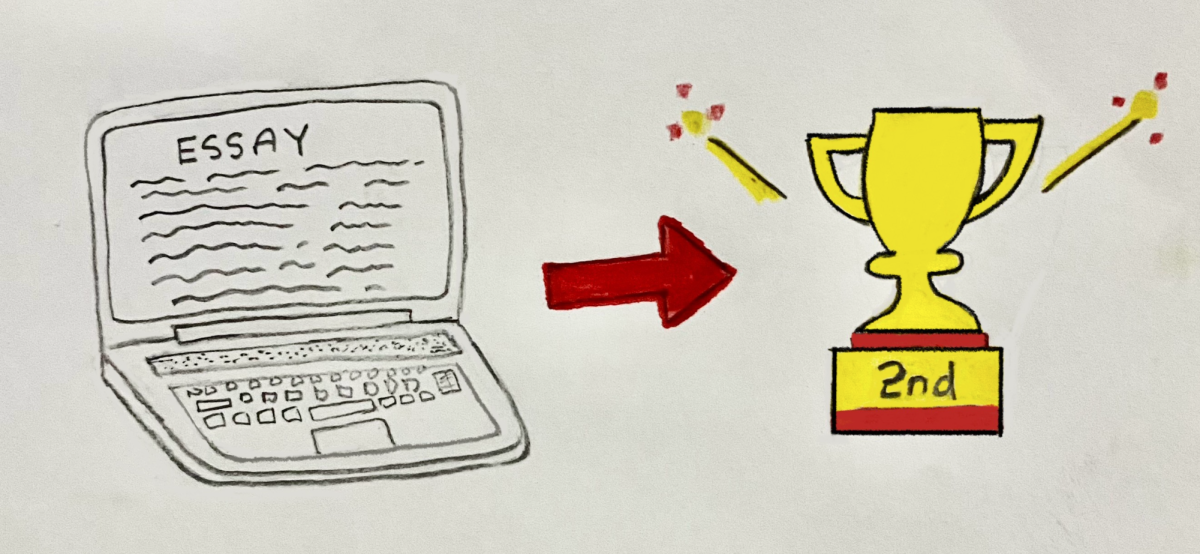As a kid, I loved to immerse myself in stories about fairies and the different fantastical creatures that supposedly lay in the woods. Even living in New York City, I’d set out bottle caps with the best “fairy foods” and keep an eye out for fairy circles in Central Park. One of the great travesties of growing up was having to accept that these tales were fictional. But when I look at Florence Welch and her band’s music I can’t help but be transported back to when magic felt real. At every concert Florence dances in long flowy dresses before fans adorned with flower crowns. Her music itself has a similar mystical element, particularly the use of a harp. The band’s discography includes some of the softest, most beautiful songs you’ve ever heard, alongside songs that are loud and powerful and make you want to get up and just scream.
Whether or not you’ve heard of Florence + the Machine itself, it’s likely you’ve seen something that they’ve been a part of. The band has written songs for many movies, including Disney’s Cruella, Miss Peregrine’s Home for Peculiar Children, and The Great Gatsby (2013). Florence Welch herself also partook in writing the music for a new musical based on The Great Gatsby called Gatsby. The band is even featured in Taylor Swift’s new album The Tortured Poets Department on a track called “Florida!!!” and their other music has been used in a variety of different shows and films.
The band’s songs have an incredible way of capturing contradictions. As previously stated, their music ranges from peaceful to violent, but this transition often occurs within songs themselves. Many songs begin quietly and slowly escalate into something very loud and powerful. My personal favorite example of this style is the song “Cassandra” that starts off with Florence softly explaining the tragic story of a cast-out prophet, and ends with her roaring about empires crumbling and cathedrals flattening. The song “Breaking Down” juxtaposes a relatively upbeat melody with very dark and depressing lyrics. In it, Florence describes her depression as a friend “holding her hand in the dark.”
In her most recent album, Dance Fever, the track “Dream Girl Evil” directly follows “Girls against God.” Both songs grapple with the struggles of being a woman in the present day, but in very different ways. “Girls against God” is a quiet, tired song where Florence sings about crying into cereal at midnight, yet continues to promise that “oh god you’re gonna get it, you’ll be sorry that you messed with us.” The whole song sounds like someone’s last ditch effort to stand up for themself, and it’s kind of a testament to how exhausting that is. But “Dream Girl Evil” has a totally different vibe; where the narrator from “Girls against God” is clearly an average person, “Dream Girl Evil” is almost from the perspective of a misunderstood god. Tired of being placed on a pedestal, the narrator sings about the differences between someone’s image of a woman in their head and reality, and mocks society for not being able to handle a real person. She asks with fake pity, “Did mommy make you sad?” I’ve always loved that those two tracks are next to each other on the album. One explores how tiring it is to be human, and the other explains how one simply wishes to be human.
This one article isn’t capable of capturing all of Florence + The Machine’s incredible songs and their meaning. Given the opportunity, I would gladly list out all of my favorite lyrics and analyze them line by line. But of course, the best way to experience Florence + The Machine is to listen to their music for yourself. I personally recommend blasting “No Light, No Light” in the car, something my mom and I have enjoyed doing many times. In a world where people are often forced to make themselves small, Florence Welch and her music unapologetically encourages people to take up space authentically, and I will be forever grateful for that.
